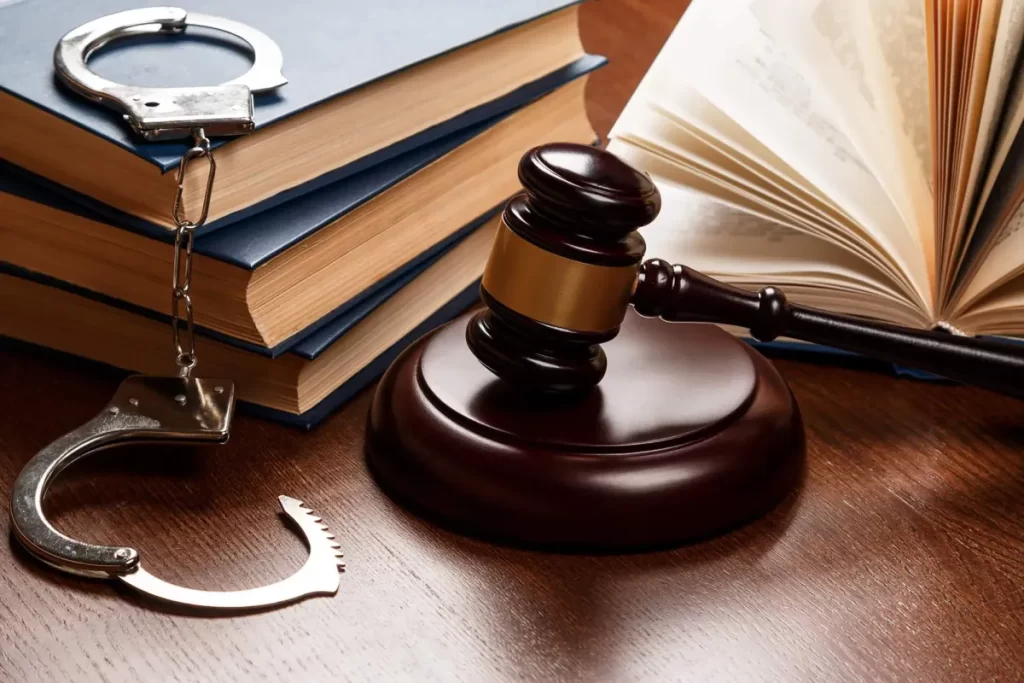How a Legal Defense Attorney Can Challenge Evidence and Strengthen Your Case
A legal defense attorney plays a critical role in safeguarding the rights of an accused individual, particularly by challenging the evidence presented by the prosecution. From the outset of the legal process, the attorney evaluates the reliability, relevance, and legality of the evidence collected. This includes scrutinizing how the evidence was obtained whether through lawful procedures or through means that may have violated constitutional protections such as illegal search and seizure. If any evidence was gathered improperly, the attorney can file a motion to suppress it, preventing it from being used in court. Another powerful strategy used by defense attorneys involves questioning the credibility of witnesses. This is done through cross-examination, where the attorney highlights inconsistencies in statements, potential biases, or motives to lie.

If a witness’s testimony appears unreliable or conflicted with other evidence, it can weaken the prosecution’s case. By carefully analyzing witness behavior, prior statements, and their relationship to the case, the defense attorney creates doubt in the minds of the jury or judge regarding the reliability of the evidence provided. Expert testimony also becomes a useful tool in challenging complex or technical evidence. A defense attorney may consult forensic specialists, medical professionals, or other experts to counter the prosecution’s interpretation of the facts. For example, if DNA evidence is presented, the defense might introduce its own expert to critique the handling or analysis of that evidence. This approach not only challenges the prosecution’s claims but also provides the jury with alternative explanations and click now https://www.legalserviceslink.com/blog/ovi-offenses-and-professional-licenses-protecting-your-career/. Inconsistencies or gaps in the chain of custody of evidence offer another avenue for defense. Every piece of evidence should be documented from the moment it is collected until it is presented in court. Any break in this chain can cast doubt on the authenticity or integrity of the evidence.
A defense attorney closely examines these records to uncover any missteps or improper handling that could lead to dismissal or exclusion of critical items. Pretrial motions serve as a strategic method for shaping the trial’s direction. These may include motions to dismiss charges, suppress certain pieces of evidence, or request access to additional information held by the prosecution. Such motions can significantly weaken the prosecution’s case or even result in a case being resolved before going to trial. Defense attorneys use these tools to ensure that only legally admissible and fair evidence is introduced. Crafting a strong narrative for the defense is essential. The attorney builds a compelling case that aligns with the evidence while highlighting flaws in the prosecution’s version of events. By presenting alternative theories and emphasizing the principle of reasonable doubt, the defense aims to secure the most favorable outcome possible for the client, whether it is acquittal, reduced charges, or a favorable plea deal.